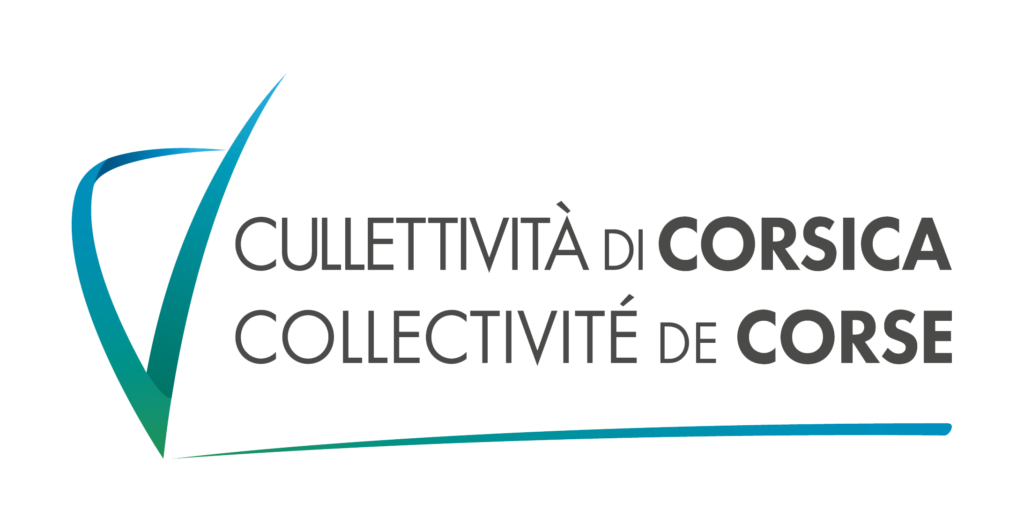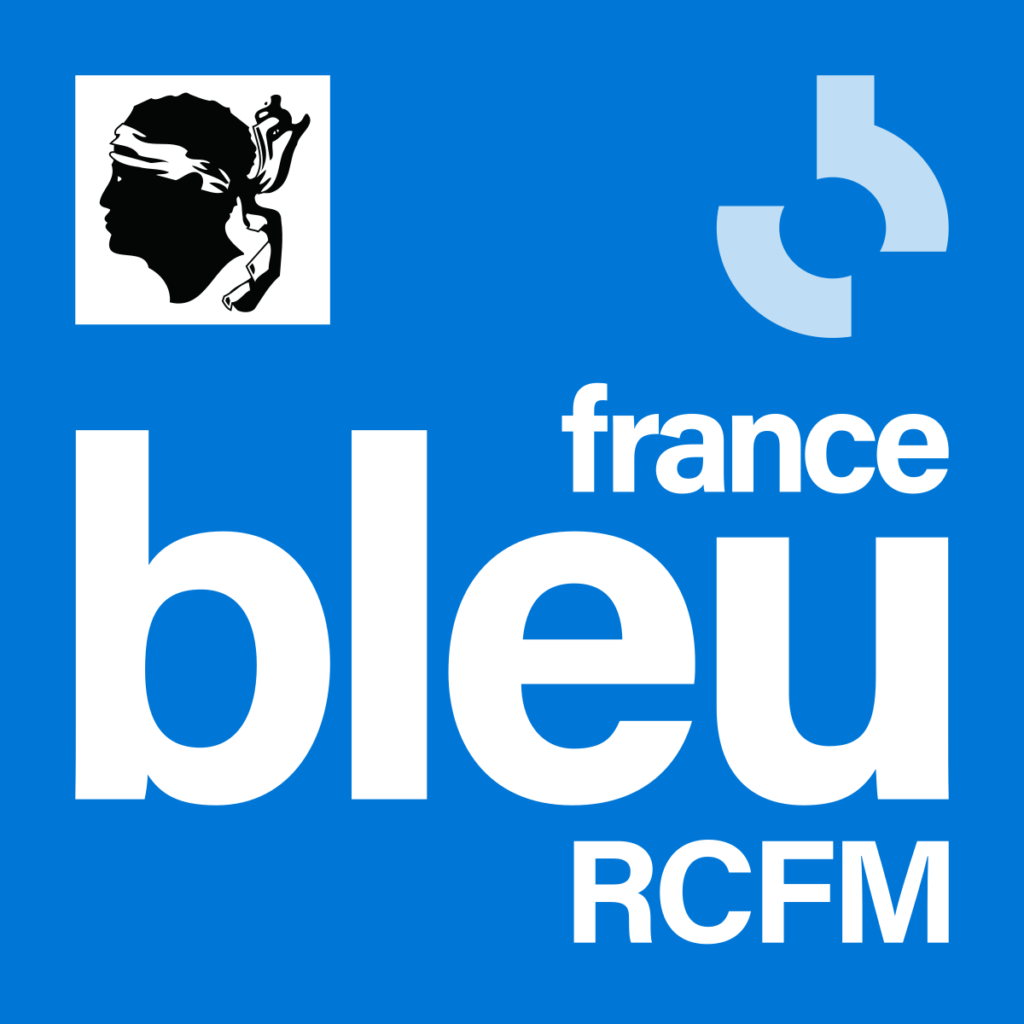In Corsica everything is culture, the island is bubbling with artistic initiatives and creative presence, as witnessed by the Riacquistu period. Anchored in tradition, its culture has also been able to welcome the emergence of new methods of intervention and innovation.
The island has always been a little-known/unsuspected centre of creation and experimentation. Through the strong presence of amateur practices, numerous contemporary music training courses, concert cafés, hybrid artistic practices, out of doors and innovative proposals, through the investment of atypical places, through the creation of collectives and networks outside the institutions.
This alternative matrix also forms the basis for the singularities of the island's cultural project.
In the European context, how can Corsica reveal and support the new talents of alternative cultures?
How can the expression of voices on the fringes of institutional spaces, or even protesters, be accommodated within the framework of this bid?
How can Corsican artists join and be part of the great contemporary European aesthetic currents by bringing a specific contribution, linked to its history and its imaginary?
How can Corsica become a cultural laboratory?
Dominique VERDONI is a University Professor. She was first a teacher of secondary education (first in the first class of the CAPES of LCC in 1991), then a doctor in the 18th section (art sciences). She was recruited as a MCF in 1995 at the University of Corsica within the FLLASHS, then as a University Professor in 2006 (" Inventory and enhancement of heritage ". She is a member of the LDF (Langues de France) aggregation competition.
From his first cinematographic experiments in Super 8 to Poussière d'étoiles (2017), via Mer (1991), Ange Leccia's works offer moments in suspension where time and space become the measure of emotions. His work proposes a carnal analysis of the image where light and natural elements affirm the energy of creation. After studying at the Sorbonne and a boarding school at the French Academy in Rome, he taught at the School of Fine Arts in Grenoble and then in Cergy. From 2001 to 2017, he created and directed the Pavillon at the Palais de Tokyo. His work has been exhibited in France and abroad (Paris, New York, Tokyo, London, Shanghai...)










Bastia-Corsica Capitale Européenne de la Culture 2028 / European capital of culture 2028 / Capitale europeana di a cultura 2028
All rights reserved